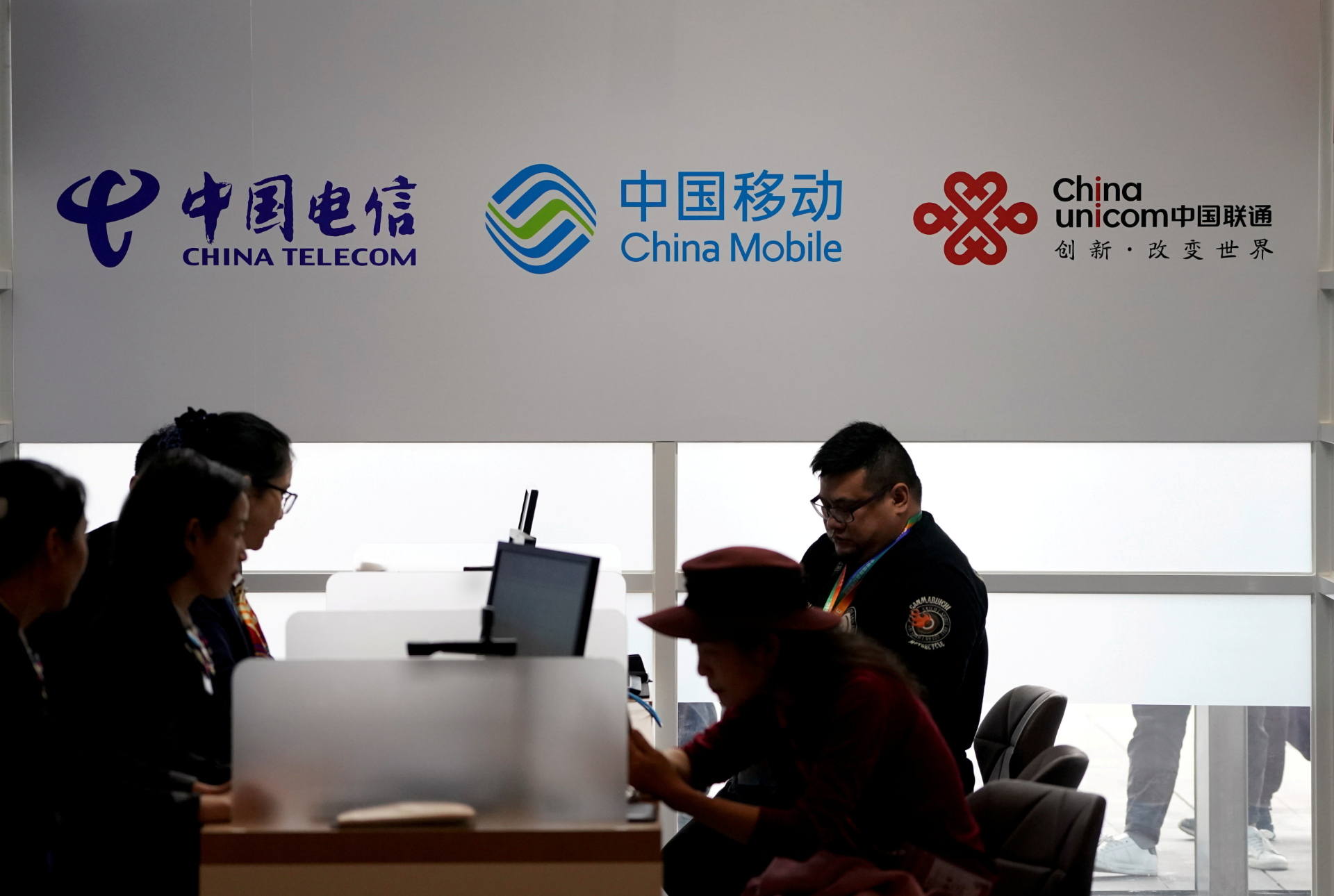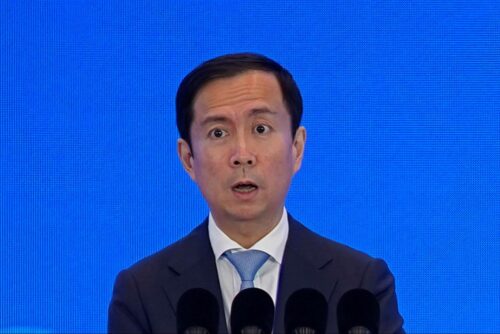Whiplash on Wall Street after Chinese telecom delistings, Alibaba and Tencent investment ban threat
After the New York Stock Exchange twice reversed course on whether to delist major Chinese telecom companies, the Trump administration added further regulatory uncertainty by floating an investment ban on Alibaba and Tencent.

Investors on Wall Street have been scratching their heads all week over a November 12 executive order from President Trump, due to take effect on January 11, that seeks to ban trading in public securities of any “Communist Chinese military company.”
- More than 30 Chinese companies were thought to be affected by the order, but the New York Stock Exchange changed its mind twice over whether the big three Chinese telecoms — China Telecom, China Mobile, and China Unicom — were included.
- “Lawyers and financial executives say the ambiguously worded rules and guidance over how they will be enforced have sown confusion over how to avoid legal and financial penalties,” the Financial Times reported.
- The telecom delistings will continue, the NYSE finally decided on January 6, after Treasury Secretary Steven Mnuchin made a call to NYSE Group Inc. President Stacey Cunningham, per Bloomberg.
- The three companies have lost $5.6 billion in value this week, Reuters reports, after multiple stock indexes said they would cut the companies from their benchmarks.
More regulatory uncertainty was injected into the markets by the news, reported by the Wall Street Journal, that the Trump administration is considering prohibiting Americans from investing in Alibaba and Tencent.
- “Alibaba fell 3.9% and Tencent dropped 4.7% in Hong Kong trading on Thursday, tracking losses in their New York-listed securities,” Bloomberg reports.
- Alibaba was “said to be planning a dollar bond sale that could raise as much as $8 billion as early as next week, which could now be threatened by the U.S. actions,” Bloomberg adds.
Is this just a short-term blip?
The financial disruption of the final weeks of the Trump administration may not last, reports indicate.
- When asked about the telecom delistings, “Fund managers say the market impact may be short-lived as non-U.S. investors are likely to step in and purchase the stocks,” Reuters says. “Chipmaker SMIC, for example, has jumped more than 35% in two weeks despite being covered by the ban and removed from indexes.”
- For other companies, “bargain hunters in China are…wagering that a Joe Biden presidency will reverse the investment ban,” and are buying up their stocks, Reuters separately reports.
- It is possible, though politically uncertain, that Biden may reverse or revise multiple last-minute orders on Chinese companies from Trump. See on The China Project: Trump bans Chinese apps, including Alipay and WeChat Pay, with lame-duck executive order.
At the same time, Beijing may see long-term risk from having so many companies, particularly state-owned ones, listed in the U.S. Caixin reports that Chinese regulators are urging “U.S.-listed companies to pull out or risk getting caught up in rising political tensions.” This uncertainty stems not from Trump’s executive actions, but from the Holding Foreign Companies Accountable Act that Congress passed last year and was made law on December 18.






